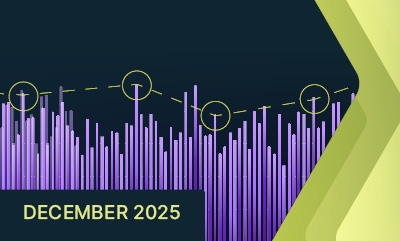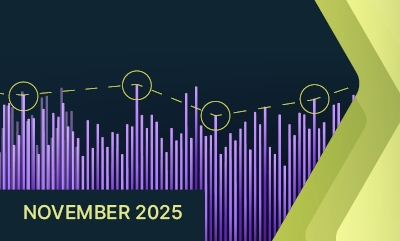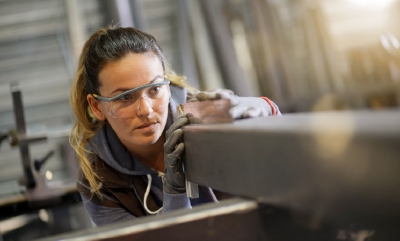A new study from Jobs and Skills Australia has confirmed international students are boosting the Australian economy and workforce.
The International Students Pathways and Outcomes Study examines the experiences, study choices and labour market outcomes of international students who began studying in Australia in 2010-11 and subsequent years, tracking their progress to the end of 2023.
Jobs and Skills Australia Commissioner Professor Barney Glover said international education plays a crucial role in Australia’s economic, social, and cultural prosperity, adding more than $50 billion to the Australian economy in 2023-24.
“International students coming to Australia contribute a bevy of economic, social and cultural benefits to our nation, our workforce and life on the university campus,” Professor Glover said.
“After the experience of studying with an Australian higher education or vocational education and training provider, many students wish to stay here and help us address the skills gaps that can put a handbrake on national productivity.
“However, post-study outcomes need to be improved if international students are to more effectively contribute to meeting the future needs of Australia’s jobs market. “
The study is an important step to understanding how international students enter the workforce as graduates and where the path to skilled work needs better support.
There is clear evidence of disparate outcomes between domestic and international students where domestic students are more likely to be employed in their field of study and earn more than their international counterparts.
International graduates are more likely to excel in fields with clear visa pathways where job-readiness is paramount and employers have a willingness to employ international graduates, like nurses and chefs.
International vocational education and training (VET) graduates are more likely to work in occupations and earn incomes that are aligned with their qualifications than international higher education graduates.
In 2021, almost 80% of VET Temporary Graduate visa holders worked in one of three sectors that are critical to the Australian economy: accommodation and food services, construction, and health care and social assistance.
Deputy Commissioner Trevor Gauld said the study contained many interesting findings, including that early career progression indicators were strong for international student cohorts following graduation from both the VET and higher education systems, representative of the value of their contribution to Australian workplaces.
“These results demonstrate that international graduates can and are providing value to Australian businesses and contributing to the Australian economy,” Deputy Commissioner Gauld said.
“There are some encouraging signs, but this study also finds that too many international graduates have faced barriers to participating fully in the labour market.
“Too often this is limiting the successful outcomes for students who remain in Australia and presenting a missed opportunity for Australian businesses.
“While the overall value of international students becoming permanent residents is huge, more than half of international graduates are employed below their skill level and earning less than their Australian-born counterparts which is a less than desirable outcome.”
Jobs and Skills Australia makes recommendations for building on the current system through better monitoring and additional support for transitions to the skilled workforce.
The study draws insights from a wide variety of different sources and available data sets including qualitative and quantitative research, literature, policy reviews and stakeholder insights.
The study is available on the Jobs and Skills Australia website.





